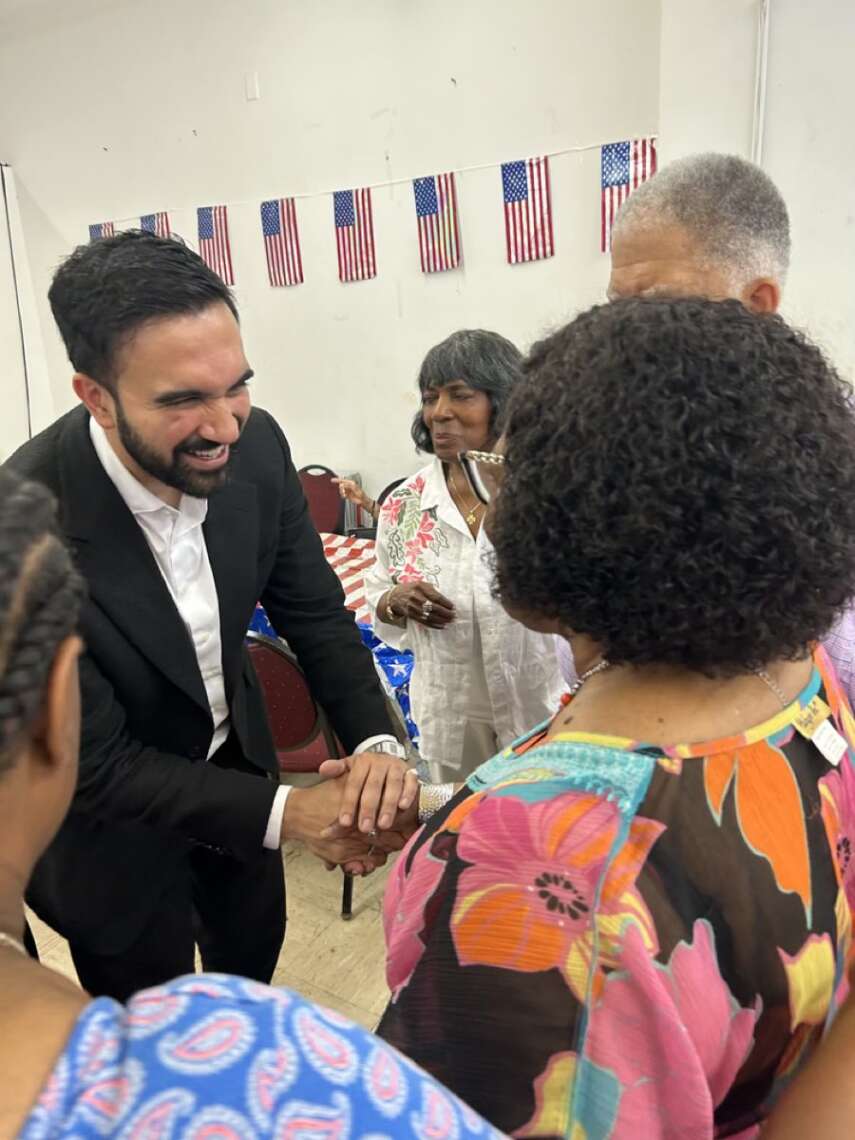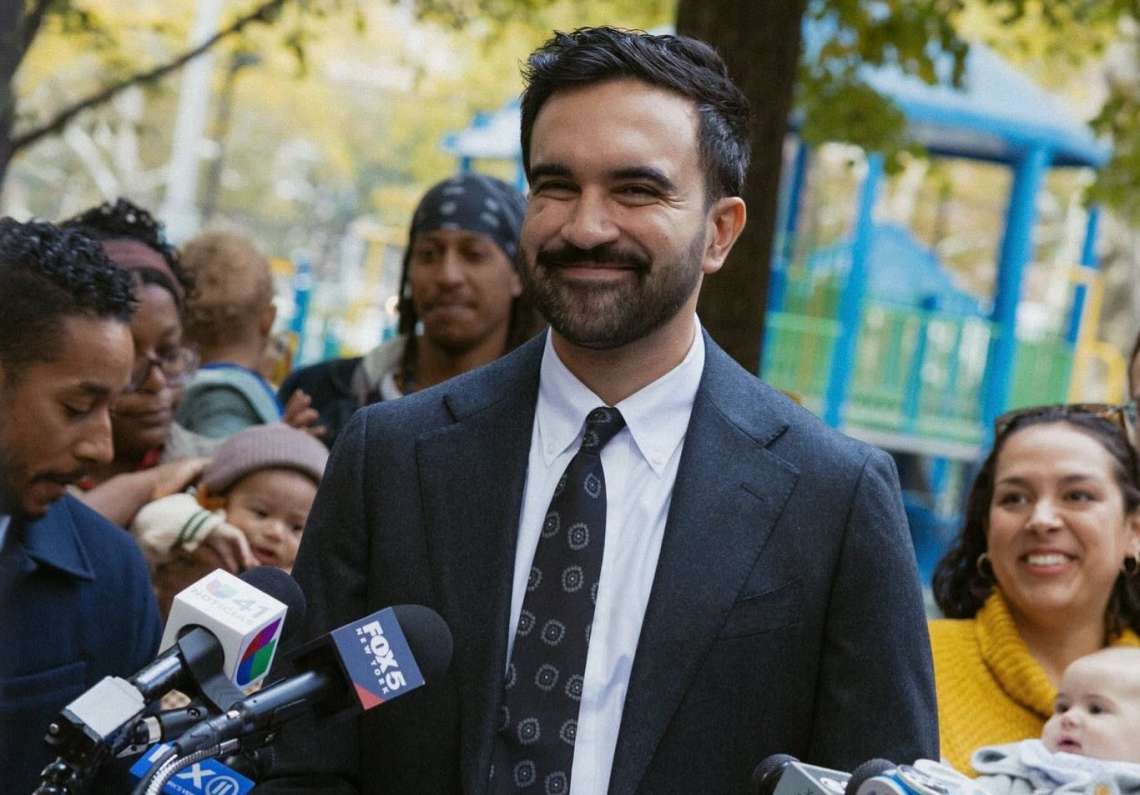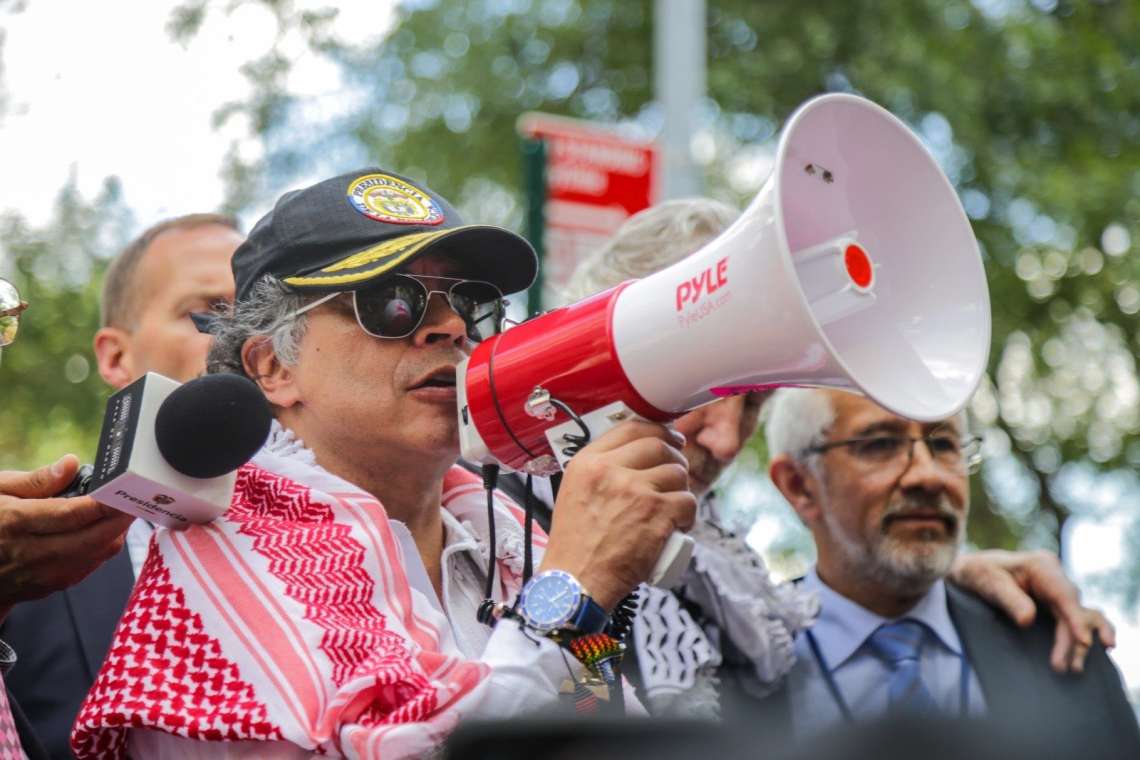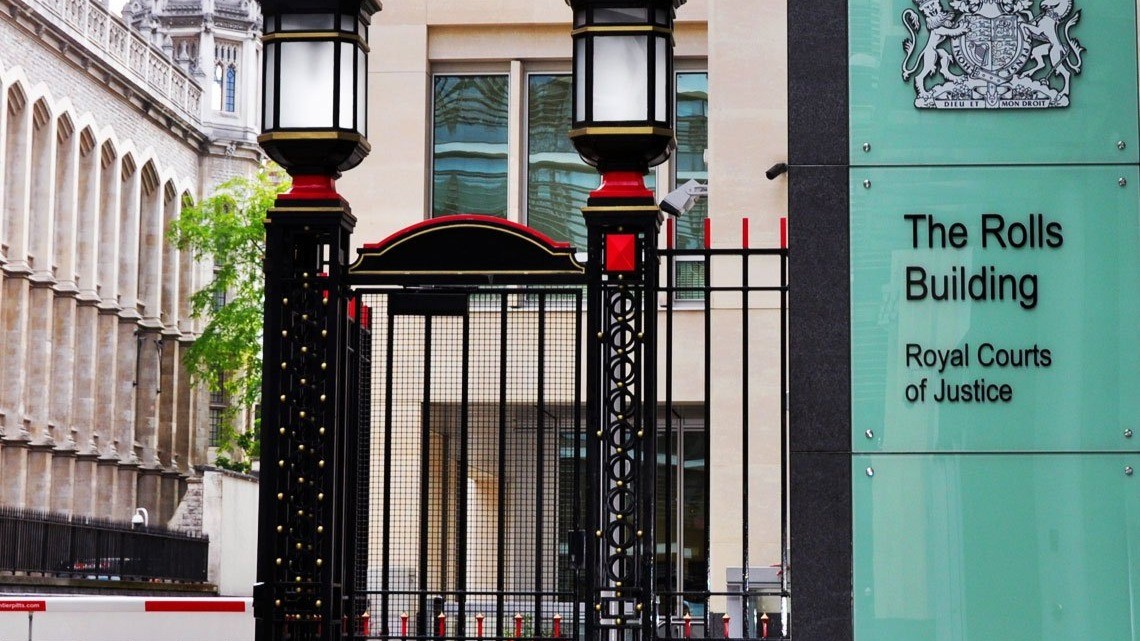For millions, Mamdani’s rise symbolizes both unprecedented representation and a new benchmark for parental expectations. The question now echoing across continents is whether this is a moment of collective pride or another source of generational pressure..writes Dr Tausif Malik
At just 33 years old, Zohran Kwame Mamdani is on the brink of making history. If elected, the Indian-Ugandan American democratic socialist could become the youngest mayor of New York City—and the first of South Asian descent to lead America’s largest metropolis. His rapid ascent from a progressive New York State Assembly member to a potential city leader has electrified the global South Asian diaspora. Yet, even as celebrations erupt, an undercurrent of anxiety pulses through Desi households worldwide.
For millions, Mamdani’s rise symbolizes both unprecedented representation and a new benchmark for parental expectations. The question now echoing across continents is whether this is a moment of collective pride or another source of generational pressure. Mamdani’s journey is a testament to the evolving South Asian immigrant narrative. Unlike the traditional paths of medicine, engineering, or business, Mamdani chose politics—a field where South Asian representation, while growing, remains limited in Western governments.
Born in Kampala to academic Mahmood Mamdani and filmmaker Mira Nair, Zohran Mamdani immigrated to New York City when he was seven years old. He graduated from the Bronx High School of Science and later earned a bachelor’s degree in Africana studies from Bowdoin College. Mamdani’s early career included working as a housing counselor and pursuing a career as a hip-hop musician. He began his political career as a campaign manager for Khader El-Yateem and Ross Barkan. Mamdani was first elected to the New York State Assembly in 2020, defeating four-term incumbent Aravella Simotas in a Democratic primary. He was reelected without opposition in 2022 and 2024.
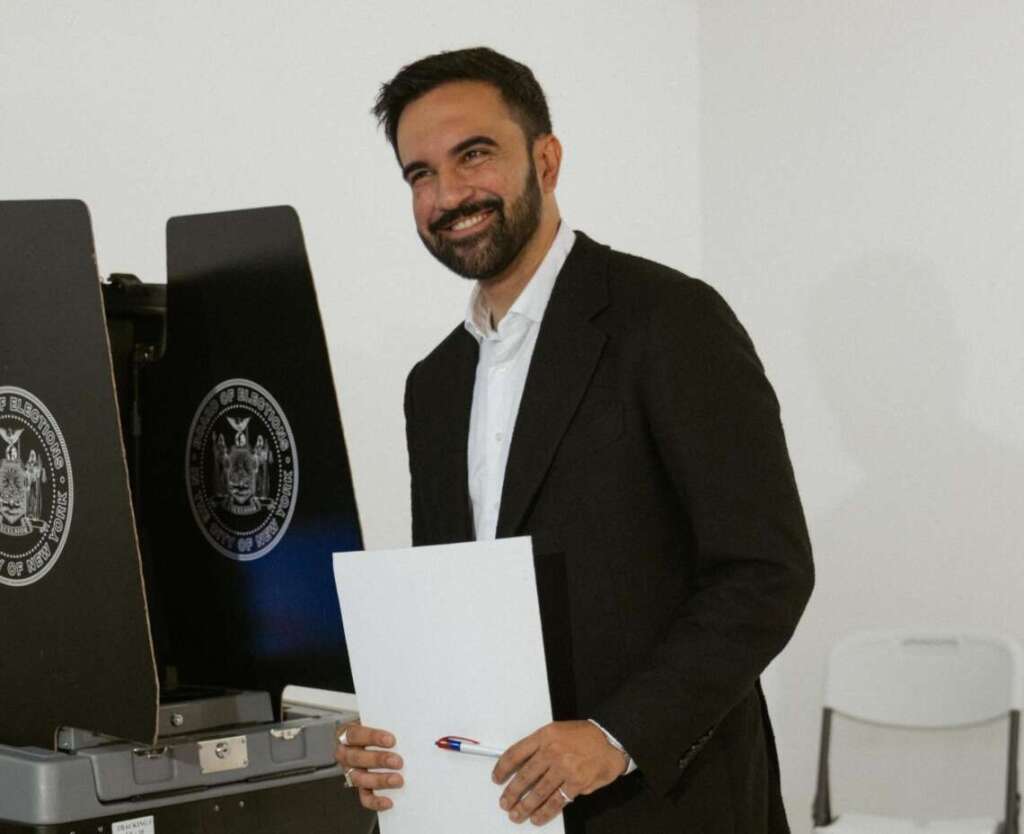
Elected to the New York State Assembly in 2020 at just 30, Mamdani quickly gained attention for his unapologetically progressive stances: pushing for housing justice, defunding the police, and advocating for immigrant rights. His campaign for mayor, if successful, would mark a seismic shift in New York politics—and redefine what success looks like for South Asians abroad.
Mamdani’s rise undeniably shatters ceilings. South Asians, long stereotyped as apolitical or confined to STEM fields, now see one of their own leading a global city. If elected, Mamdani won’t just shape New York—he’ll reshape the diaspora’s aspirations. The challenge now is to ensure his success empowers rather than oppresses the next generation.
Mamdani’s potential election as mayor of New York City is not just a personal triumph but a historic moment for South Asian representation in Western politics. His journey from Kampala to the Bronx, from a housing counselor to a potential mayor, is a powerful narrative of the evolving South Asian immigrant experience. It challenges the traditional expectations placed on South Asian youth to pursue careers in medicine, engineering, or business, and instead highlights the importance of political engagement.
While Mamdani’s rise is a source of immense pride for the South Asian diaspora, it also brings with it a new set of expectations. For many South Asian families, the pressure to succeed in high-achieving fields is already significant. Mamdani’s success could potentially add another layer of expectation, pushing the next generation to follow in his footsteps. The question remains: how can we celebrate his achievements without placing undue pressure on future generations?
Mamdani’s progressive stances on housing justice, police defunding, and immigrant rights have garnered him significant attention and support. His campaign for mayor is not just about winning an election; it’s about reshaping the political landscape of New York City. If successful, his tenure could bring about transformative changes that address long-standing issues of inequality and social justice.
The challenge for Mamdani and the South Asian diaspora is to ensure that his success empowers rather than oppresses the next generation. Representation in politics is crucial, but it should not come at the cost of individual freedom and choice. Mamdani’s journey should inspire young South Asians to pursue their passions, whether in politics or other fields, without feeling the weight of unrealistic expectations.
Zohran Kwame Mamdani’s potential election as the mayor of New York City is a historic moment for South Asian representation in Western politics. His journey from a young immigrant to a potential city leader is a testament to the evolving South Asian immigrant narrative. While his rise brings immense pride to the global South Asian diaspora, it also brings new expectations. The challenge now is to celebrate his achievements without placing undue pressure on future generations. Mamdani’s success should inspire young South Asians to pursue their passions and redefine what success looks like for their community.


